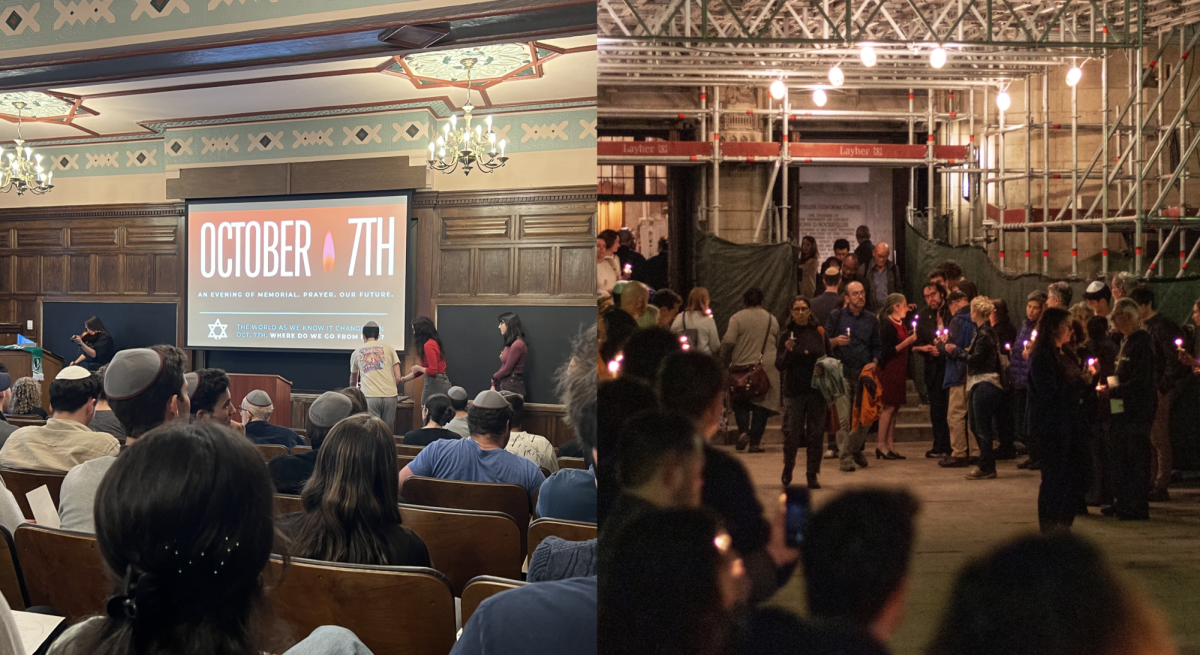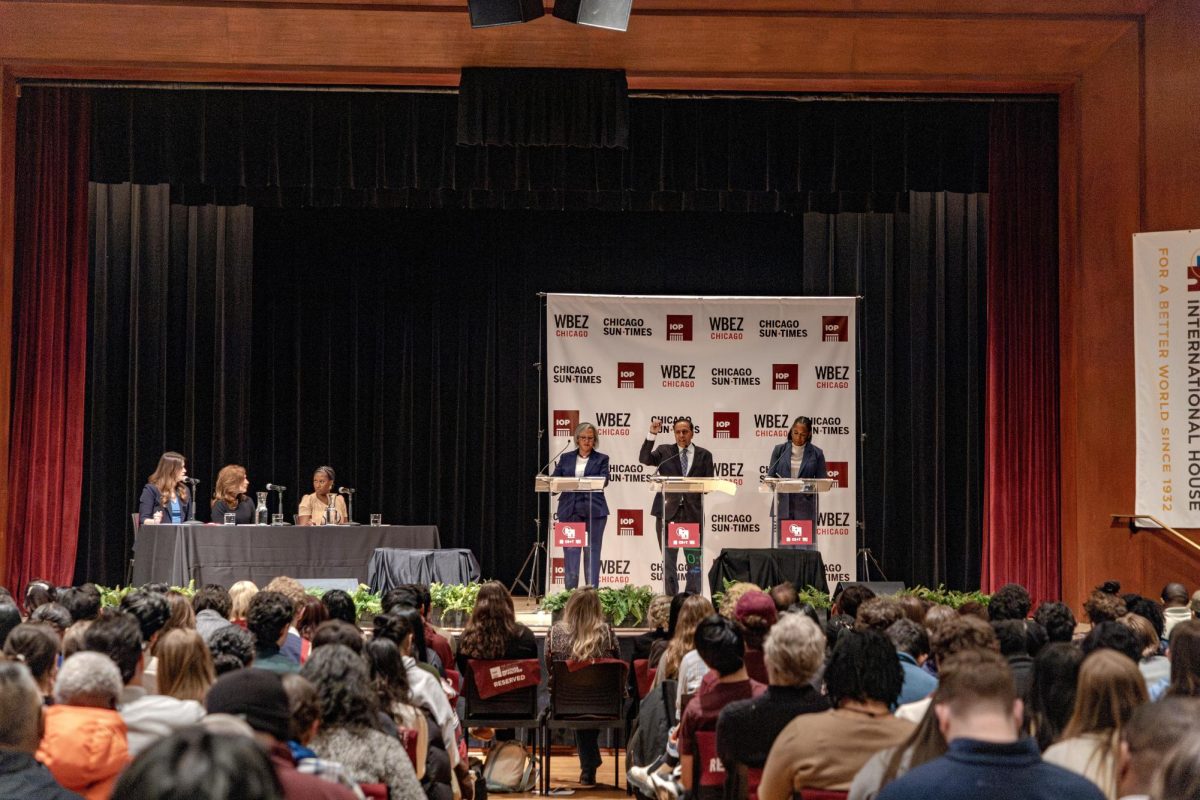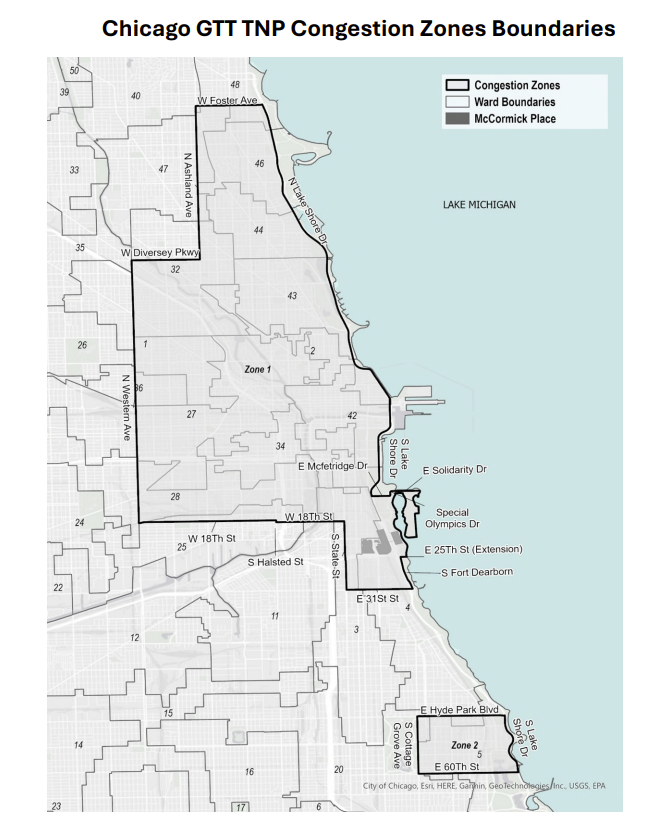On the one-year anniversary of Hamas’s October 7 attacks on Israel, Rohr Chabad at the University of Chicago and University of Chicago Hillel held two separate events in memory of those killed. Chabad organized a memorial and prayer in the Social Sciences Research Building, with guest speaker Emil Tessler, an Israeli citizen who served with the Israeli Defense Forces (IDF) special forces. Hillel held a concert in Rockefeller Memorial Chapel, which included speeches by community members, musical performances, and a prayer for those killed in Israel on October 7.
The October 7 attacks by Hamas killed at least 1200 people, including Israelis, Americans, and other foreign nationals. Hamas took an additional 251 as hostages. As of September 23, 117 of the hostages have been rescued or released, 37 bodies have been recovered by Israel, and around 100 are believed to be still held in Gaza. Israeli strikes and military actions have killed more than 40,000 Palestinians and at least 1,400 Lebanese in the Israel-Hamas War, with millions more displaced from their homes.
Members of Rohr Chabad, UChicago Kehillah, Jewish Grad Hub, Law Students for Israel, Maroons for Israel, Yavneh of Hyde Park, the Jewish Business Students Association, and the Jewish Law Students Association attended the Chabad event at 4 p.m.
“This [memorial] is not just about reflecting on what has happened, it’s about coming together to honor our collective strength… and find the courage to move forward as proud Jews with a sense of purpose and instilling hope in our hearts,” Baila Brackman, co-director of Chabad, said during her opening remarks. “Don’t let anyone make you afraid of our beloved Jewish identity. Stand tall, wear your Jewish symbols proudly, and let the world see the beauty of who we are.”
Rabbis Yossi Brackman and Mendel Rapoport, of UChicago Rohr Chabad and JGrads Chabad, respectively, spoke about the power of prayer and song, which were featured heavily in the event’s program. Joel Abraham, a second-year student at the College, led the singing of the prayers “Avinu Malkeinu” and “Acheinu.” MAPH second-year Hannah Kieve also performed on the violin and Rabbi Brackman read Psalm 121 from the Tehillim aloud with the audience.
Emil Tessler then spoke about when his younger brother, who had been working as a security guard at the Nova Music Festival where Hamas launched one of its attacks on October 7, texted that he was in danger.
“His goodbye message was, ‘Terrorists behind me, bye.’ I freaked out—I didn’t know what I was supposed to do right now, so I… flew back to Israel,” Tessler said. “When I landed, my parents told me my brother was safe and sound. He cried to me and he said, ‘Please don’t go to the military.’ I was in a special forces IDF brigade—there was no way I wouldn’t join my unit, go into Gaza, do whatever mission they gave to us. I said goodbye to my family. [My brother] said ‘They’re thirsting for your blood—for our blood.’ I said, ‘It doesn’t matter, I will protect my nation.’”
After returning to Israel, Tessler was conscripted by the IDF special forces. His unit was dispatched to Southern Israel and Gaza and tasked with rescuing hostages.
Rapoport spoke after Tessler.
“We have to remind the world that the Jewish people, by nature, are beyond nature. We have to remember our purpose and connection to the land of Israel,” Rapoport said. “If we look through our history, the Jewish people have stood up again countless times, no matter how hard we were knocked down. We must do three things: pray, cry, sing… As we remember those that have been taken from us… they each had a special song. We have to continue their song so that their song never fades.”
Eliana Mazin, a third-year in the College and the president of Chabad’s student board, said at first after the October 7 attacks she felt alone and “horrified by the virulent antisemitism [she] saw on campus,” but “in spring, a new atmosphere descended upon the campus. An atmosphere of strength, resilience, and togetherness. We turned our suffering to celebrate our mutual devotion to Zionism,” she said of the Jewish organizations at the vigil.
After a short video clip on the aftermath of violent attacks on Jewish communities like Kfar Chabad and their rebuilding efforts, the evening concluded with a final performance, a communal rendition of “Am Yisrael Chai.”
Speaking to the Maroon after the event, Rabbi Brackman said that the sense of Jewish community on campus “has been very strong, students have felt a lot of pain from what’s going on… but [they] have found a lot of comfort among allies and our own community.” Brackman added that moving forward, Chabad aims to find ways to help Jewish students “support one another, and to support efforts to strengthen the Jewish community and Jewish practice.”
Before the Hillel event, which took place at 7 p.m., UChicago Hillel Rabbi and Executive Director Anna Levin Rosen shared a statement with the Maroon explaining the purpose of the event, situating it in the context of the last year and the Jewish High Holidays.
“Rockefeller Chapel has historically served as a place for gathering and for mourning, for seeking to understand each other and be inspired. Each of us wants to be both resolute and compassionate—the Israeli musicians and composers tonight represent that balance as well. Dean [of Rockefeller Chapel] Maurice Charles has been a model of this ethic and a rock for our campus community this past year. His expansive leadership makes space for our grief in a time of strife,” the statement said.
“This year, October 7th falls between Rosh Hashanah and Yom Kippur and there is a deep need to allow resonance and echoes of our ancient traditions to reconnect us in a moment when we are shattered,” the statement concluded.
Rabbi Levin Rosen also spoke at the event, discussing the story of creation and the need for love and community in the face of grief and violence.
“In this past year, we have been desperately busy—trying to keep up and sit down, trying to read and argue, maintain silence, and post, and write, and fear. We did not take time for mourning. Tonight, we have an opportunity to take that time together,” Levin Rosen said.
Levin Rosen’s words were followed by the musical portion of the evening, which included performances by a string quartet, a piano and violin duo, and vocalists.
Among the songs performed were Paul Simon’s “Bridge Over Troubled Water,” Ravel’s “Kaddisch,” and Max Janowski’s “Sim Shalom,” arranged and performed by Hannah Kieve and accompanied by Tom Weisflog, Rockefeller Memorial Chapel’s organist.
After closing words from Dean Charles and Rabbi Levin Rosen, the group gathered on the steps of Rockefeller with candles to sing more songs.
Following the event, the Maroon spoke to Elisheva Coleman, an assistant professor of Neurology at University of Chicago Medical Centers. Coleman attended the event for the sense of community, something she felt was important at a time when she has felt alone as a Jewish person.
“I wanted to do something that was part of a community that I belong to. It was important to me to be with a community, with one of my communities,” Coleman said. “This has been a very, very hard year for a lot of us. I, and I think many Jews have felt deeply, deeply alone this year, and it is very important to gather together and remember that we are not alone.”















